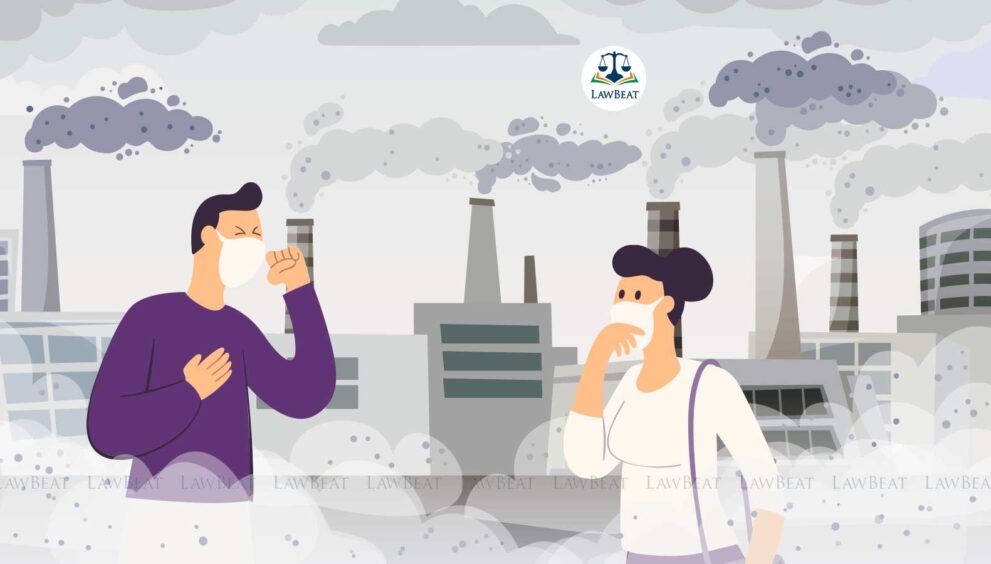Study Reveals Air Pollution In India Linked To 1.5 Mn Annual Deaths

A groundbreaking study by the Chair-India Consortium underscores the devastating health impact of long-term PM2.5 exposure, urging stronger air quality regulations across the nation
A new study published in Lancet Planetary Health has revealed that long-term exposure to fine particulate matter (PM2.5) pollution in India is responsible for approximately 1.5 million deaths every year. The study, conducted by the Consortium for Climate, Health, and Air Pollution Research in India (CHAIR-India), is the first to use a causal methodology to isolate the effects of PM2.5 on all-cause mortality, providing alarming insights into the scale of the problem.
The research highlights that over 1.4 billion people in India live in areas where PM2.5 concentrations exceed the World Health Organization’s (WHO) recommended annual average of 5 μg/m³. This pollution has a devastating effect on public health, contributing to a significant rise in mortality rates.
Chair-India is a collaboration between leading Indian institutions, including Ashoka University’s Centre for Health Analytics Research and Trends (CHART) and the Centre for Chronic Disease Control (CCDC), alongside global partners like Harvard University, Karolinska Institutet, and the Icahn School of Medicine at Mount Sinai. The study is the first to apply the difference-in-difference methodology, which isolates the impact of long-term PM2.5 exposure on mortality, drawing from data on deaths across India from 2009 to 2019.
The study found that every 10 μg/m³ increase in annual PM2.5 exposure is associated with an 8.6% increase in mortality risk across India. Alarmingly, about 25 per cent of all deaths in the country, approximately 1.5 million annually, are attributed to PM2.5 levels higher than the WHO guideline of 5 μg/m³. Furthermore, approximately 300,000 deaths each year are directly linked to PM2.5 concentrations exceeding India’s National Ambient Air Quality Standards (NAAQS). The research also revealed that the risk of mortality rises even at lower PM2.5 concentrations, highlighting the urgent need for more stringent air quality regulations across the nation.
The study is a significant step forward in understanding the health impacts of air pollution in India, where previous research on this subject has been limited. The researchers used a spatio-temporal model built for India to estimate PM2.5 exposure levels and combined it with annual death data from all districts, providing a comprehensive national picture of the impact.
The authors stress the urgency of addressing this health crisis through stronger air quality management strategies. Poornima Prabhakaran, Director of CHART at Ashoka University and principal investigator for the study, stated, “This study signals the need for stringent air quality management strategies across India to protect the health of millions of people.”
Joel Schwartz, a professor at Harvard T.H. Chan School of Public Health and co-principal investigator, added, “While Delhi often makes the headlines, air pollution is a national issue, and urgent action is required nationwide to mitigate its harmful effects.”
The study’s findings underscore the need for comprehensive action, including reducing coal burning in power plants, curbing crop burning, and implementing stricter air pollution guidelines to reduce premature deaths and improve public health outcomes across India.
Researchers have also pointed out that this study’s findings indicate that previous estimates of deaths linked to air pollution in India are considerably underestimated, further underlining the urgency of addressing this issue. The Chair-India Consortium is calling for swift and decisive action to combat the growing public health threat posed by air pollution.






































































































































































































































































































































































































































































































































































































































































































































































































































































































































































































































































































































































































